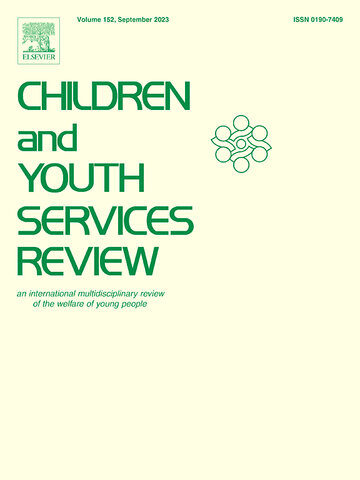Abstract
Scholars largely agree that placements with relative caregivers are best for children. However, the regulations that jurisdictions apply to determine eligibility for foster care licensure may limit relative caregivers’ access to the benefits of licensure. This analysis considers foster care regulations in three jurisdictions and the effects of policy decisions on eligibility for relative caregivers and placement options for children in out-of-home care. Finland, New Zealand, and Wisconsin all have a stated priority for placement of children with relative caregivers. However, even with a stated priority, the implementation of policies in practice differs by jurisdiction. Finland is adequate in prioritizing child and family well-being but lacks coherence and has regulations that are at high risk of bias. New Zealand’s policies are adequate and coherent, though their highly regulated system is at risk of perpetuating inequity for indigenous populations. Wisconsin regulations are coherent in supporting safety, however, the financial support provided to foster parents is inadequate and the highly regulated standards perpetuate inequity for low-income families and families of color. Findings suggest that the structure of out-of-home care policies and the priorities of the governments who oversee them inform the implementation of policy in practice and differential outcomes experienced by the children and families they are meant to support. Limiting a relative caregiver’s ability to be licensed as a foster parent is a form of social exclusion, reducing their access to available support and limiting child access to relative care. Equitable access to foster care licensure would provide relative caregivers with additional tools to meet the needs of children in their care. Revisions to foster care licensing practices should prioritize placement with relatives by increasing flexibility in non-safety related requirements for relative caregivers in order to provide children with access to culturally appropriate placement options.

